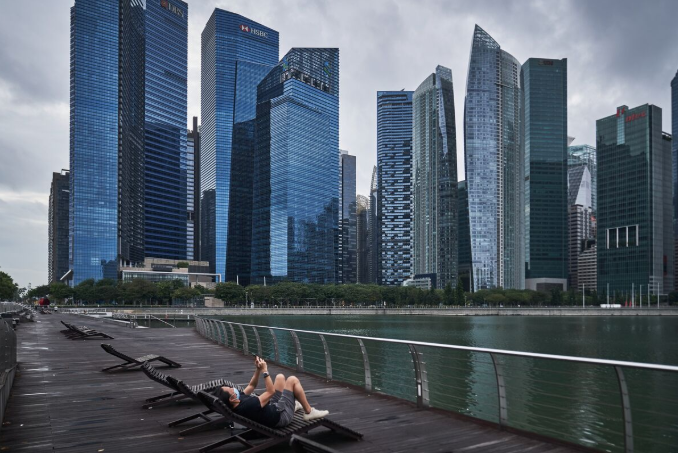Challenges and Opportunities for Expats in a Shifting Financial Landscape
As Hong Kong’s reputation as Asia’s top financial hub falters, Singapore seems poised to capitalise on the shift. Yet, stricter visa policies, a focus on local hiring, and bureaucratic hurdles have tempered the influx of expatriate bankers relocating from Hong Kong.
Expatriates Face Hurdles in Singapore
While Singapore shares many of Hong Kong’s benefits—favourable taxes, a strategic location, and high-quality schools—recent changes in immigration policies have created obstacles. A points-based visa system, minimum salary thresholds, and a push to cultivate a “Singaporean Core” workforce have made it more challenging for firms to secure work permits for foreign talent.
Stephen Diggle, a veteran financier in Singapore, observed, “Bringing in large teams is no longer straightforward, with work permits becoming harder to obtain.” Some firms, like Atlantic Partners Asia Capital, are reconsidering their moves, citing rising difficulties in settling staff.
Competition for Global Talent
Despite the challenges, financial institutions like Wells Fargo and Societe Generale have begun relocating small teams to Singapore. Citigroup and Credit Suisse have also invested in transferring operations from Hong Kong. However, many professionals are turning to alternative hubs, including Dubai and Sydney, drawn by friendlier immigration policies and competitive tax regimes.
Singapore Balances Openness and Local Priorities
Singapore’s government maintains that it remains a global hub, welcoming top talent while addressing local employment concerns. Prime Minister Lee Hsien Loong emphasised, “We must stay open, but we also need to ensure fair opportunities for Singaporeans.”
These policies, while slowing the pace of expatriate arrivals, have helped stabilise housing prices and increased enrolment inquiries at international schools. Additionally, bank deposits in Singapore have grown significantly, outpacing Hong Kong’s recent trends.
Looking Ahead
As Hong Kong continues to grapple with political challenges and the lingering effects of strict pandemic measures, Singapore’s infrastructure, legal stability, and established financial systems position it as a leading contender in the region. While the transition is gradual, analysts like Diggle are confident: “Singapore is poised to take the lead—not by outcompeting Hong Kong, but by simply enduring the challenges better.”








